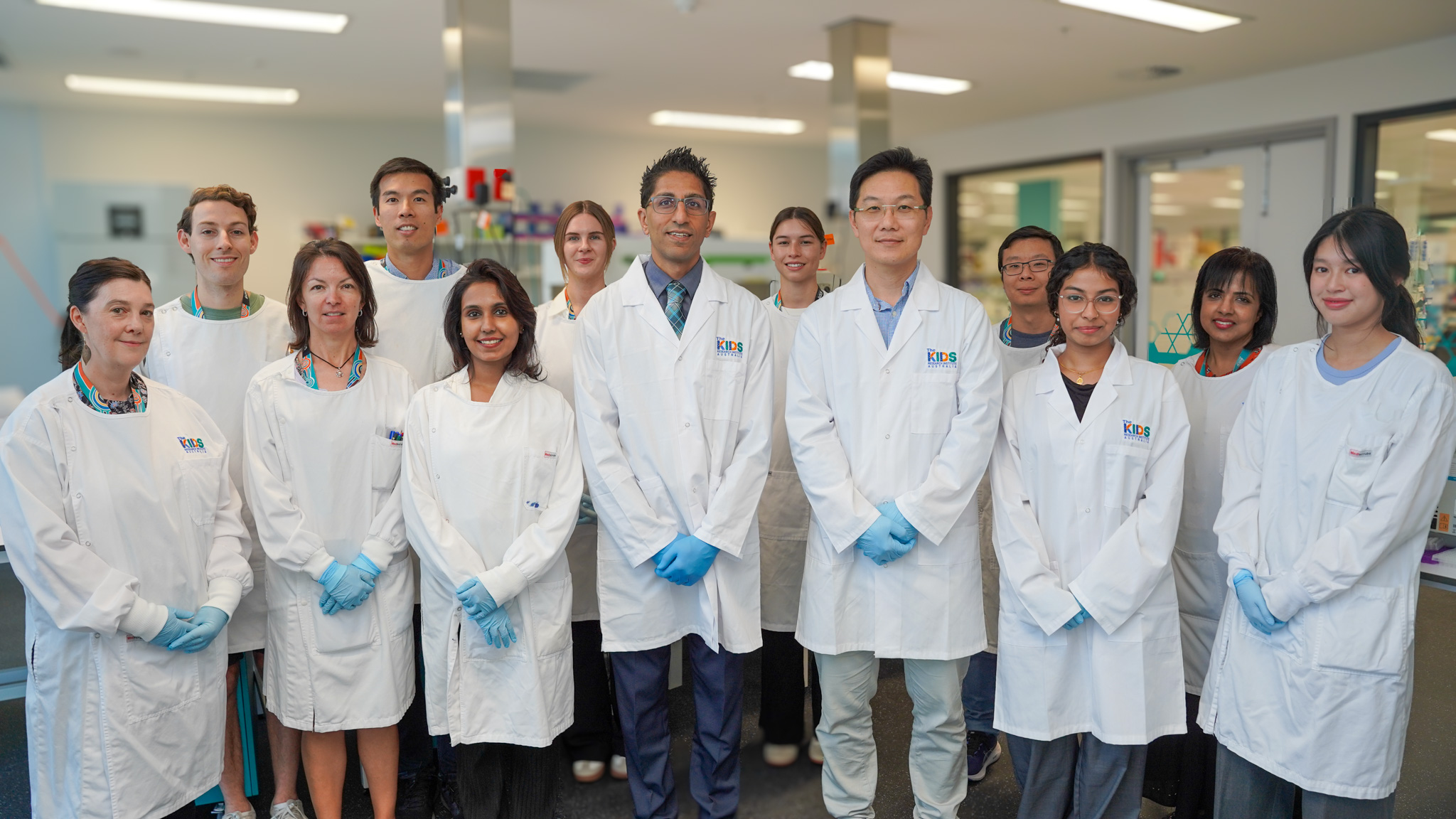Search
Research
Silencing of TESTIN by dense biallelic promoter methylationAberrant promoter DNA methylation has been reported in childhood acute lymphoblastic leukaemia and has the potential to contribute to its onset and outcome
Research
Gene-based outcome prediction in multiple cohorts of pediatric T-cell acute lymphoblastic leukemia: a Children's Oncology Group studyContinuous complete clinical remission in T-cell acute lymphoblastic leukemia (T-ALL) is now approaching 80% due to the implementation of aggressive...
Research
Validation of a mouse xenograft model system for gene expression analysis of human acute lymphoblastic leukaemiaPre-clinical models that effectively recapitulate human disease are critical for expanding our knowledge of cancer biology and drug resistance mechanisms.
Research
Effective adenovirus-mediated gene transfer into neural stem cells derived from human embryonic stem cellsHuman embryonic stem cell-derived neural stem cells (hESC-NSCs) are an attractive cell type for studying
Research
MEIS proteins as partners of the TLX1/HOX11 oncoproteinAberrant expression of the TLX1/HOX11 proto-oncogene is associated with a significant subset of T-cell acute lymphoblastic leukemias...
Research
Glucocorticoid resistance in T-lineage acute lymphoblastic leukaemia is associated with a proliferative metabolismWe examined the baseline profile of a panel of T-ALL cell lines to determine factors that contribute to GC resistance without prior drug selection.

The main aim of our Leukaemia Translational Research Team is to test innovative therapeutic approaches, with a focus on clinical translation of this knowledge, to improve the outcomes of children suffering from leukaemia.
Research
Novel therapeutics approaches for infants with high-risk infant acute lymphoblastic leukaemiaRishi S. Laurence Sébastien Kotecha Cheung Malinge MB ChB (Hons) MRCPCH FRACP PhD BPharm (Hons) MBA PhD PhD Co-Head, Leukaemia Translational Research
Research
The bone marrow microenvironment of pre-B acute lymphoblastic leukemia at single-cell resolutionThe bone marrow microenvironment plays a key role in leukemia progression, but its molecular complexity in pre-B cell acute lymphoblastic leukemia (B-ALL), the most common cancer in children, remains poorly understood. To gain further insight, we used single-cell RNA sequencing to characterize the kinetics of the murine BMM during B-ALL progression.
Research
Defining the fetal origin of MLL-AF4 infant leukemia highlights specific fatty acid requirementsInfant MLL-AF4-driven acute lymphoblastic leukemia (ALL) is a devastating disease with dismal prognosis. A lack of understanding of the unique biology of this disease, particularly its prenatal origin, has hindered improvement of survival. We perform multiple RNA sequencing experiments on fetal, neonatal, and adult hematopoietic stem and progenitor cells from human and mouse.
